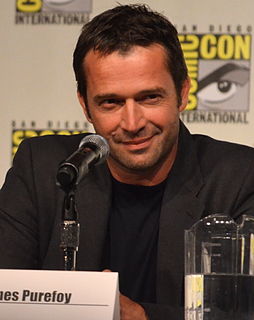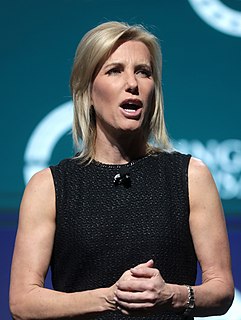A Quote by Christopher A. Wray
We, the FBI, don't investigate ideology, no matter how repugnant. When it turns to violence, we're all over it.
Related Quotes
The FBI demonstrated this by taking down the former head of the CIA [General David Petraeus] over classified information given to his mistress. Almost no-one is untouchable. The FBI is always trying to demonstrate that no-one can resist us. But Hillary Clinton very conspicuously resisted the FBI's investigation, so there's anger within the FBI because it made the FBI look weak. We've published about 33,000 of Clinton's emails when she was Secretary of State.
The president has a duty and a right to oversee the FBI, and you know, he properly delegate the law enforcement to the FBI and try to insulate it from politics. But that's not to curb the president's authority over the FBI. So if he wants to meet with the FBI and give his opinion or even talk about his hopes, if indeed, he said that, he has every right to do so.
My view is that the cyber threat is bigger than any one government agency - or even the government itself. But the FBI brings a rare combination of scope and scale, experience, and tools to the mix. We investigate criminal activity like intrusions and cyber attacks, but we also investigate national security threats like foreign influence.
How do we deal with not just the acts of violence, but the extremist ideology that lies behind them? Because though the numbers of fanatics that go and join and kill for a group like ISIS are measured in tens of thousands, those that support the wider ideology, I'm afraid, you measure in tens of millions or more.
I don't support or unsupport Assange. If the Democrats had the proper defensive devices on their internet, equipment, they wouldn't even allow the FBI. How about this - they get hacked, and the FBI goes to see them, and they won't let the FBI see their server. But do you understand, nobody ever writes it. Why wouldn't Podesta and Hillary Clinton allow the FBI to see the server? They brought in another company that I hear is Ukrainian-based.
Whatseems to take place outside ideology (to be precise, in the street), in reality takes place in ideology. What really takes place in ideology seems therefore to take place outside it. That is why those who are in ideology believe themselves by definition outside ideology: one of the effects of ideology is the practical denegation of the ideological character of ideology by ideology: ideology never says, 'I am ideological.'



































